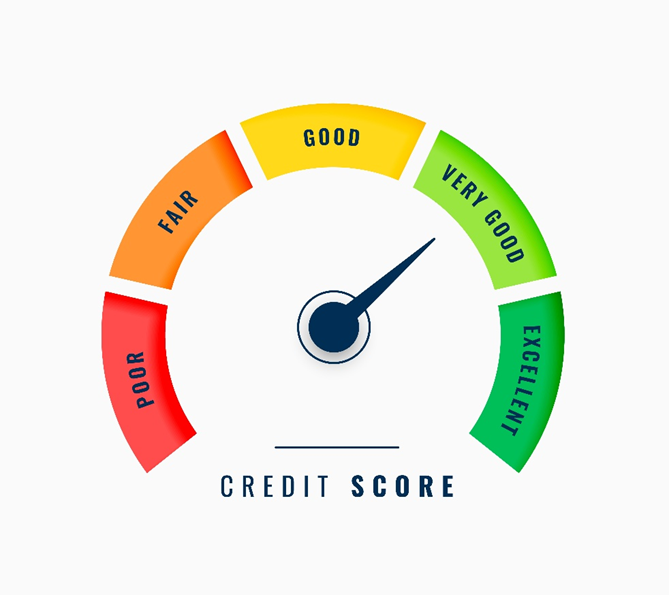
How to Improve Your Credit Score Fast
Tips, Myths & Quick Hacks to Raise Your FICO Score
Understanding Your Credit Journey
Your credit score can either open or close doors — from renting an apartment and getting a low-interest loan to qualifying for premium credit cards. So if your score is less-than-stellar, don't worry — you’re not alone, and yes, there are ways to fix it faster than you think. Let’s break it down in a simple, real-world way — no fluff, no financial jargon overload.
Credit Score Ranges
Goal: Get to at least the “Good” zone — and fast.
Actionable Tips to Boost Your Score
- Try to keep your credit utilization under 30% — but under 10% is even better.
- Pay before the statement closing date, not just the due date — this lowers your reported balance to credit bureaus.
- Ask a family member or close friend with excellent credit to add you to their card.
- Their good habits benefit your score (without you spending a dime).
- Reach out to your credit card company and ask for a limit increase.
- Don’t use the extra credit — it’s only to lower your utilization ratio.
- Even small balances matter — pay off any owed amount across multiple cards.
- Use just one card regularly and keep the others at zero balance.
- Request your free report from AnnualCreditReport.com.
- Look for errors like wrong late payments, accounts that aren’t yours, or duplicate debts.
- File disputes online or via certified mail with proof.
- Include phone, internet, and streaming payments in your Experian file.
- Helpful for thin credit files or short history.
- Each credit application adds a hard check that may hurt your score.
- Space them out and apply strategically.
- Missing just one payment can tank your score by up to 110 points.
- Autopay ensures at least the minimum gets paid on time.
- Ideal for rebuilding or starting from scratch.
- Make small, timely payments to establish positive credit behavior.
- Keep old credit cards open to preserve credit age and available credit.
- Credit age makes up 15% of your FICO score.
Credit Score Myths Debunked
Myth: Checking Your Own Score Hurts It
Truth: False. Soft inquiries (like checking your own score) have zero impact.
Myth: Carrying a Small Balance Helps Your Score
Truth: False. Pay your full balance monthly — that’s the best habit.
Myth: You Can’t Remove Late Payments
Truth: False (sometimes). You can try a goodwill letter if you’ve been otherwise reliable.
Myth: Debit Cards Help Build Credit
Truth: False. Only credit cards or loans affect your credit score.
What to Expect on Your Journey
Short Term: Minor fixes (like paying down a balance or disputing an error) can improve your score in 30–60 days.
Long Term: Bigger improvements (like recovering from missed payments) may take 6–12 months.
But remember — progress is progress.
Long-Term Habits That Work
- Timely payments are key — never miss due dates.
- Keep old credit accounts open and balances low.
- Monitor your credit report every 3–4 months.
- Avoid quick fix scams — there are no magic services.
Final Words
Improving your credit score isn’t a mystery — it’s a mix of smart strategies, responsible habits, and a little patience. The good news? You can see results fast if you take focused action today. Small, steady actions today add up to a future you'll be proud of.

